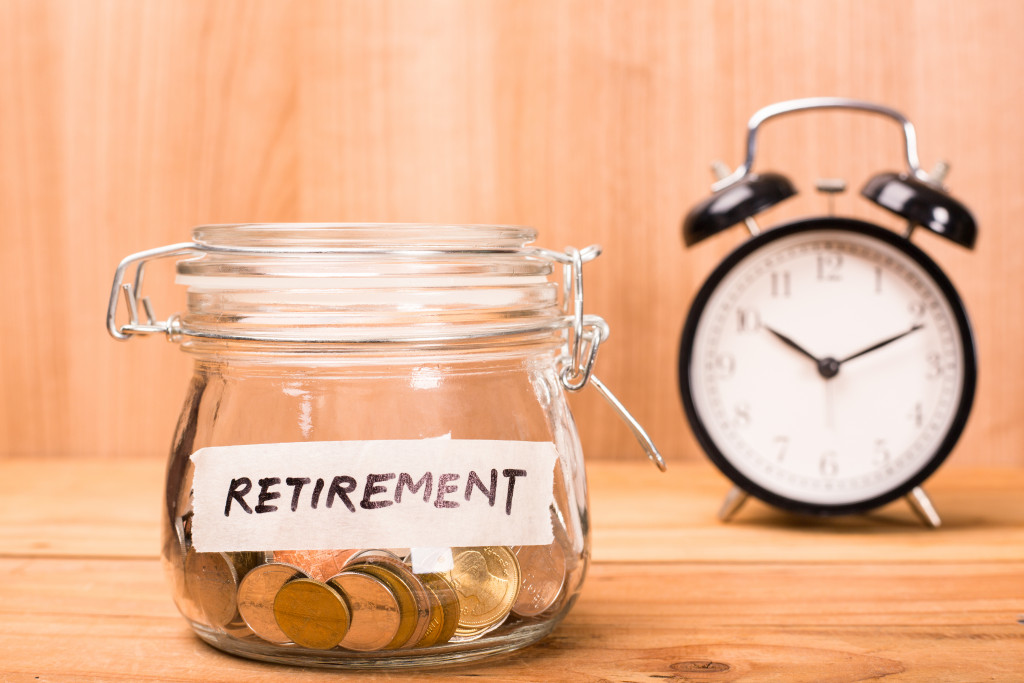The pandemic that happened early last year and into this year changed a lot of things. People have been forced to adjust to living with COVID-19. The authorities have been strict about enforcing the wearing of face masks and face shields, whereas before, people were fine without these.
Jobs and other chores also became digital; shopping for groceries and food online became popular, and businesses offering these services boomed. While transport services took a backseat, delivery and courier services led the way. A lot has changed since the first human-to-human transmission of the virus was reported.
If you’re to retire this year, it will be a unique retirement; the chances are that you’re one of those people who are said to be more at risk than any other age group. You can also process your retirement digitally by this time. But how can you safeguard your retirement fund? Here are tips on how to move forward with your retirement post-pandemic.
Pay Off Your Debts Above All Else
Making debts is a part of life, especially if you’re paying bills and on their due date, you find yourself a little short of cash. However, you shouldn’t wait until retirement to resolve your debts. The longer you wait, the higher the possibility that it will eat into your retirement savings. During these unsure times, having a saving is a necessity and no longer a luxury.
Experts say that the balance between paying off your debts and saving up for post-retirement is a must. Working with a financial planner or a trusted advisor can help you pay off most of your debts before they grow out of control and become a post-career nuisance.
Home is Not Where Your Retirement Heart Is
The saying “home is where the heart is” cannot be applied to post-pandemic retirement because homes as an investment are bad, even before the pandemic. You’re most likely to be more successful in putting your employee benefits such as back pay or retirement pay into assets like the stock market.
Owning a home is still important, but your home shouldn’t be an investment to be sold off. Homes depreciate even if their prices lower at a slower rate. Find other sources of investment that would be profitable for you in the world after you retire.
Stocks are Your Friend

If you’re not going to invest in your home as an option for income after retirement, you should redirect your interest towards stocks. It’s a risky business for sure, but that also means you get more returns if you managed to start early.
In case you haven’t paid attention to stocks at your younger age and only started now, you may want to choose low-risk stocks. These are companies that offer security in the long term. You should invest in these with the general thought that you’ll live to see your investments bear fruit, leaving you set for the future.
Don’t Move Out of Home
There might be some benefit to living at your own home in your retirement. After you’ve taken care of your financial needs, this will be the next question. In this age of the pandemic, it may be better not to move out of home or expose yourself to the virus that may be lurking around the corner. If your children had moved out of your home with their own family, it might be better for you to move in with them, but otherwise, if you still can, choose to live on your own.
Move into an Assisted Community
If you choose to sell your home to generate income, you can live in a community where your needs will be taken care of. This is also perfect if you’ve aged alone, without children or partners to take care of you. You’ll be living with others in the same situation.
In this community, you’ll have a sense of belonging since all of you are retirees. You’ll also have your own dwelling here and can maintain your distance during the pandemic. Usually, there are spaces where you can stay outdoors or walk around the neighborhood. The facilities are great for staying indoors during a pandemic, however.
Planning your retirement — even before the pandemic — is best done early and with help from other people. It’s hard to see what the post-pandemic future holds for retirees, who are at the highest risk. However, you should still hold a positive outlook; plan as if everything will still be normal, always follow protocols when needed, and you’ll continue marking yourself safe and secure even after COVID-19.

